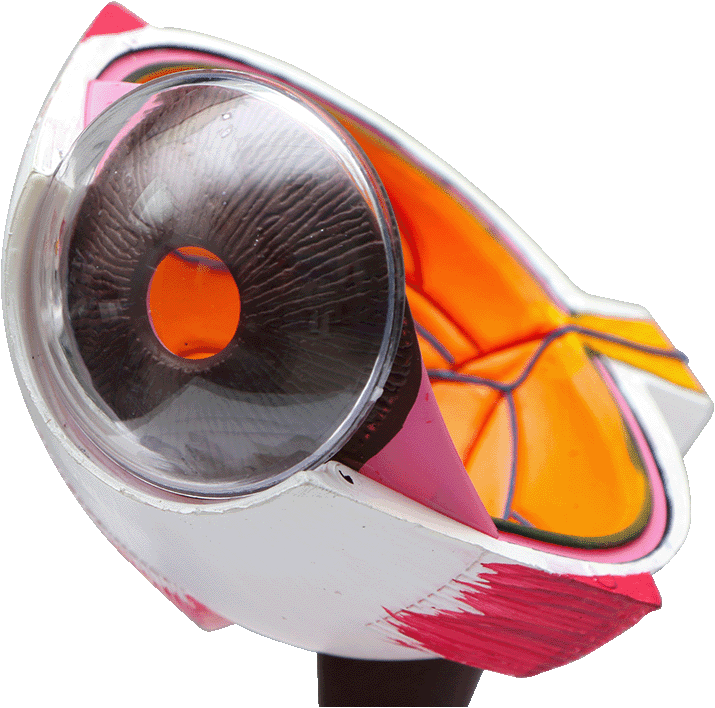 Laser eye surgery is a vision correction procedure designed to improve your sight. If you have short-sightedness, long-sightedness or astigmatism, laser eye surgery can be a life-changing solution.
Laser eye surgery is a vision correction procedure designed to improve your sight. If you have short-sightedness, long-sightedness or astigmatism, laser eye surgery can be a life-changing solution.
Having the procedure means you won’t need to rely on glasses or contact lenses to see. It’s a revolutionary treatment that can have life-long benefits.
Our comprehensive guide answers some of the most common questions, including what laser eye surgery is, how it works, and what it costs.
Get in touch if you’d like to book a consultation with one of Laser Vision’s world-class surgeons. You can call us on 0800 024 8888 or fill out our online form for more information about laser eye treatment.
Is Laser Eye Surgery Safe?
One of the most commonly asked questions is about the safety of laser eye surgery. Not only is laser surgery one of the most commonly performed types of laser vision correction but it’s also one of the safest.
Serious complications are incredibly rare but cases are more likely to be written about in the media than the millions of people globally who have had successful laser eye surgery.
However, treatment is not without risk and your eye surgeon should make you aware of any potential complications before you agree to the procedure.
What are the risks and complications?
Some of the risks and complications of laser eye surgery include:
- Dry eyes
- Halos or glare
- Eye infections
- Corneal ectasia
- Vision loss
Choosing a reputable clinic and an experienced, qualified ophthalmologist will drastically help to reduce any risks associated with vision correction procedures.
How Does Laser Eye Surgery Work?
The procedure typically involves reshaping the cornea to improve the way the eye focuses light onto the retina. It does this by using lasers to remove some of the corneal tissue. The exact process may differ depending on the eye surgery you need.
LASIK eye surgery is one of the best-known and most commonly performed types of laser eye surgery which helps to improve focus by reshaping the cornea using an excimer laser.
The procedure is usually quick and painless since anaesthetic eye drops numb the eye. Many patients go on to enjoy the benefits of their laser eye treatment for 10 years or longer, depending on their age.
What are the Different Types of Laser Eye Treatment?
LASIK (Laser-Assisted In Situ Keratomileusis)
The LASIK procedure has a long-standing track record of safety and effectiveness in treating common refractive errors such as myopia (short-sightedness), hyperopia (long-sightedness), and astigmatism.
LASEK (Laser Assisted Epithelial Keratomileusis)
LASEK varies slightly from LASIK surgery in the way it creates the corneal flap. It gently moves the surface epithelial cells aside using an alcohol-based solution but is still effective at treating common refractive errors.
PTK
PTK is specifically designed to treat surface-level corneal diseases. Its main focus is improving the cornea’s health and condition rather than correcting vision prescriptions.
SMILE (Small Incision Lenticule Extraction)
SMILE is a newer laser eye surgery that corrects refractive errors using smaller incisions. For this reason, it’s considered to be less invasive than LASIK.
Who is a Suitable Candidate for Laser Eye Surgery?
There are a few factors that affect your ability to have laser eye treatment. These include;
- Age
- Eye health
- Prescription
- Existing medical conditions
- Corneal thickness
To find out if you’re suitable for the procedure, the best thing to do is book a consultation. If the surgeon believes you would not benefit from laser eye surgery, they may be able to offer you a suitable alternative such as a refractive lens exchange.
Is Laser Vision Correction Permanent?
Laser eye surgery provides permanent results. However, natural changes in eyesight can still occur due to factors unrelated to the surgery.
These include age-related conditions such as presbyopia, which affects near vision, or other eye health issues. The vast majority of laser eye surgery patients enjoy improved vision for 10 to 20.
Laser Eye Surgery Cost
A few factors determine how much laser eye is, including the type of vision correction procedure, your current eyesight prescription and the hospital fee for where the surgery takes place.
Most reputable eye surgery clinics tailor treatment plans to achieve the best possible outcome for you, so it’s not always possible to give a definitive price without an initial assessment and consultation.
For LASEK and LASIK surgery, costs can start at £1850 per eye inclusive of aftercare appointments, medication, diagnostic assessment and consultant surgeon fees.
Premium refractive surgery using a femtosecond laser or a refractive lens exchange can be more expensive due to the complex nature of the procedure.
Get in Touch
Please contact us if you’d like to know more about laser eye surgery in your area or to book a consultation with a laser eye surgeon at Laser Vision.









